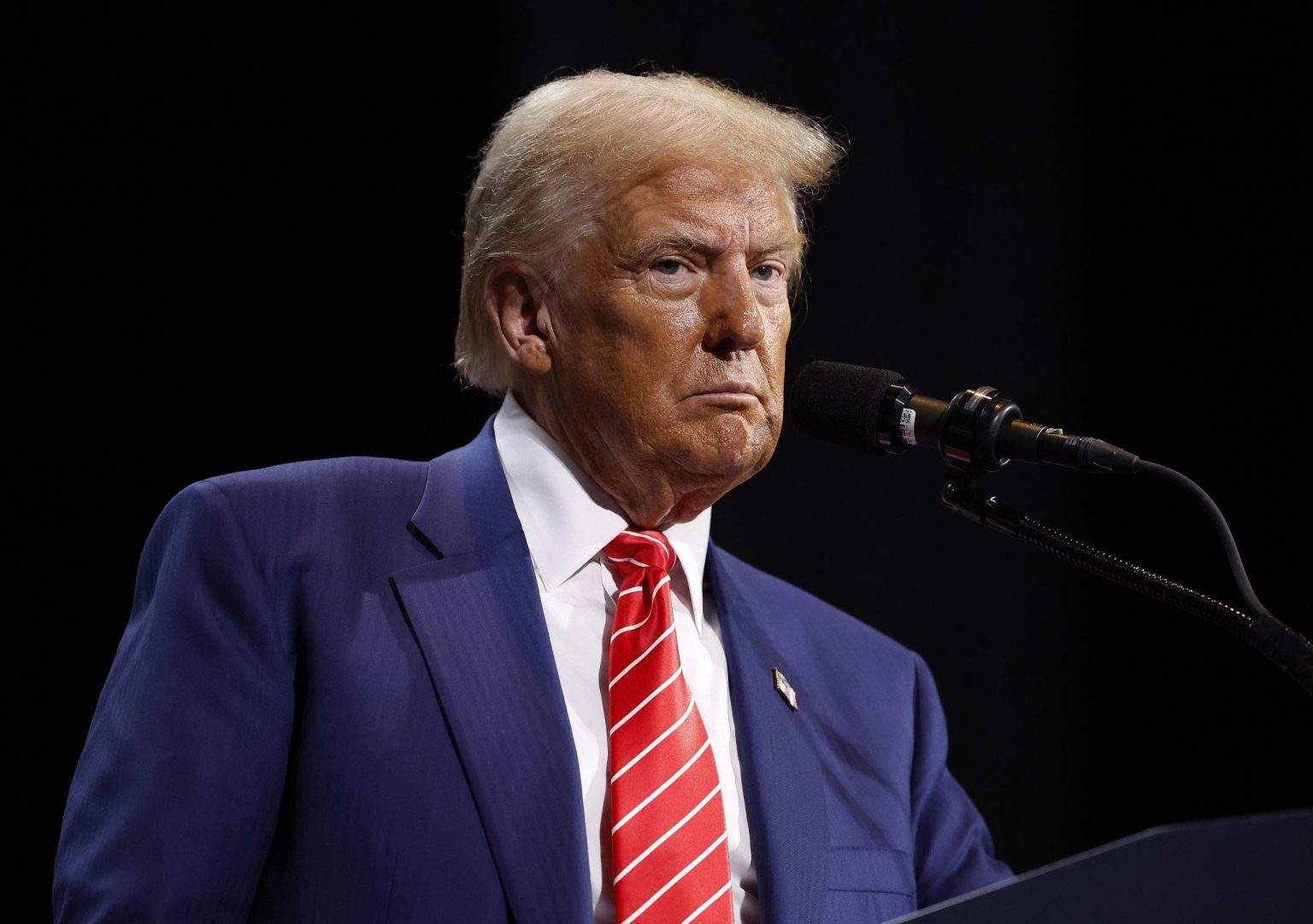The looming threat of a government shutdown has ignited a fiery debate in Washington, with President-elect Trump at the forefront of the opposition. Trump vehemently rejected the proposed continuing resolution (CR), a stopgap spending bill designed to keep the government funded through March, calling it unacceptable and urging Republicans to fight against its passage. He criticized the CR, a hefty 1,547-page document, for being laden with extraneous provisions and “pork,” arguing that it caters excessively to Democratic priorities. Instead, Trump advocated for a “clean” spending bill focused on essential government functions, decoupled from policy riders and extraneous add-ons. He emphasized the need to address the debt ceiling issue head-on during the current administration rather than postponing it to his own term.
The CR, negotiated by top-ranking Democrats and Republicans in both chambers of Congress, aimed to avert a government shutdown by extending funding until March 14th. However, it faced immediate backlash from conservative Republicans and hardliners within the GOP. Their primary objections stemmed from the inclusion of various policy riders, including provisions related to healthcare, ethanol fuel, disaster aid, and a pay raise for lawmakers. Critics argue that these additions are unnecessary and inflate the bill, diverting attention from core government funding. The $100 billion allocated for disaster relief and the inclusion of a pay raise for members of Congress became particular points of contention, fueling accusations of fiscal irresponsibility and misplaced priorities.
Trump’s opposition to the CR aligns with his broader fiscal conservatism and his campaign promise to drain the swamp and reduce government waste. He argued that the bill represents a missed opportunity to rein in spending and prioritize essential government functions. Trump, joined by Vice President-elect JD Vance, issued a joint statement condemning the CR and urging Republicans to adopt a tougher stance against Democratic demands. They advocated for a streamlined spending bill without “Democrat giveaways” and urged Republicans to link the debt ceiling increase to the current spending negotiations, forcing a showdown with the Democrats now rather than later. This strategic move aims to leverage the current political climate and avoid facing a similar debt ceiling crisis during Trump’s presidency.
Adding to the chorus of dissent were Elon Musk and Vivek Ramaswamy, co-chairs of Trump’s newly formed Department of Government Efficiency (DOGE). Musk unequivocally opposed the CR, echoing Trump’s criticism of its excessive length and “pork-laden” content. Ramaswamy expressed skepticism towards the bill, emphasizing the need for thorough review and scrutiny by all members of Congress. Their involvement underscores the influence of non-traditional political figures within the Trump administration and their alignment with his fiscally conservative agenda. The combined opposition from Trump, his Vice President-elect, and key members of his administration amplified the pressure on House Speaker Mike Johnson, who faces a challenging task in navigating the divided House.
House Speaker Mike Johnson, despite facing strong opposition from within his own party and from the President-elect, defended the CR as a necessary measure to avoid a government shutdown. He argued that the stopgap bill would buy time and allow the incoming Trump administration greater influence over spending decisions in the spring. Johnson acknowledged the difficult situation and the valid concerns raised by conservatives, but insisted that passing the CR was the most pragmatic approach to maintain government operations while paving the way for more substantive budget negotiations under the Trump administration. This justification, however, failed to appease critics, who viewed the CR as a capitulation to Democratic demands and a betrayal of conservative principles.
With the Friday deadline looming, the fate of the CR hangs in the balance. The Republican Party’s slim one-seat majority in the House necessitates bipartisan support for the bill’s passage. Securing enough Republican votes, given the widespread opposition within the party, presents a formidable challenge for Speaker Johnson. He may have to rely on Democratic votes to pass the CR, further exacerbating tensions within the GOP. The situation in the Senate remains uncertain, adding another layer of complexity to the already fraught negotiations. The impending government shutdown and the contentious debate surrounding the CR underscore the deep political divisions in Washington and the challenges facing the incoming Trump administration.

